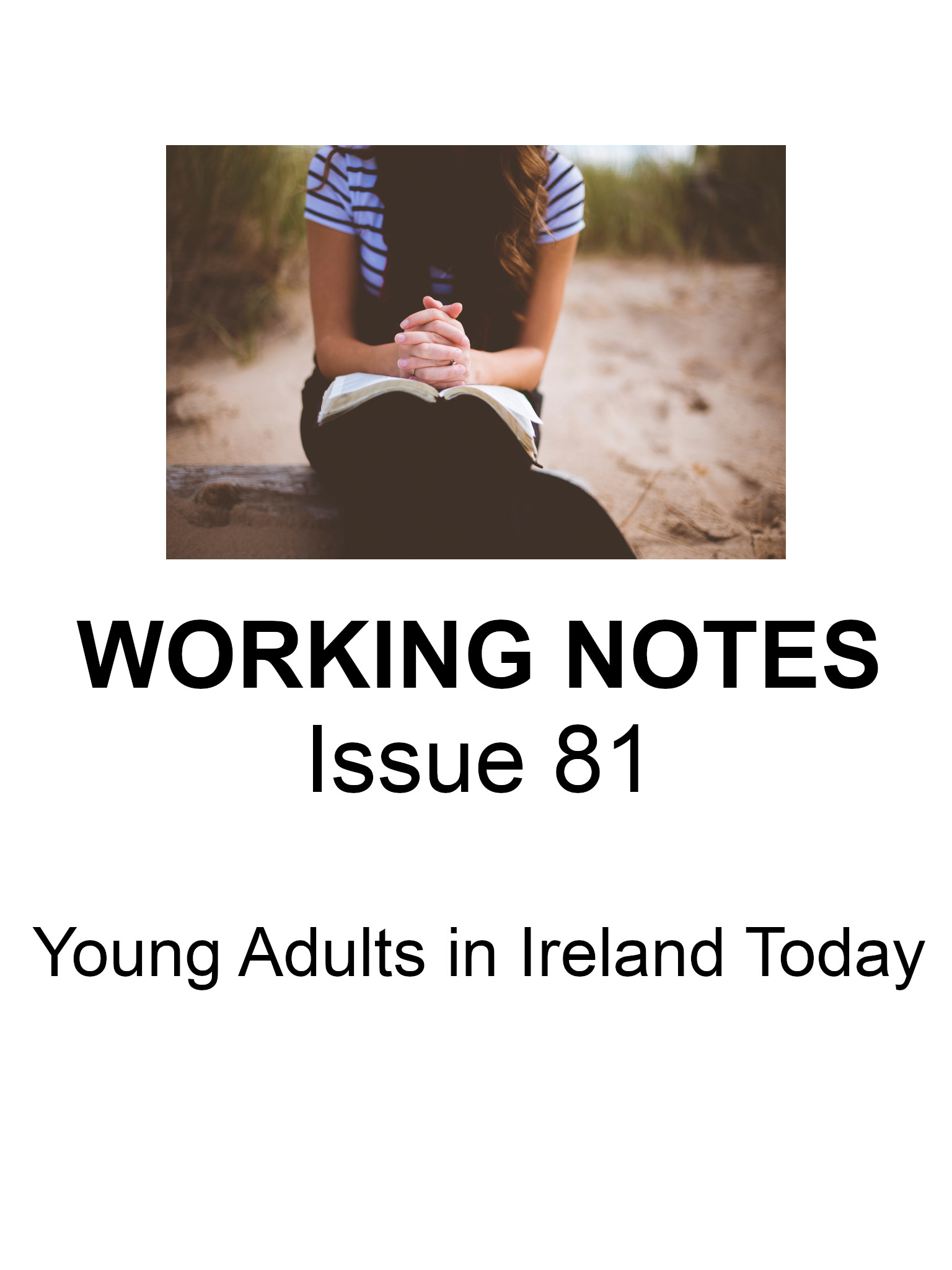
The Better Outcomes, Brighter Futures Report (2014-2020) sets out a realistic vision for the future of children and young people in Ireland. This vision is for ‘Ireland to be one of the best small countries in the world in which to grow up and raise a family, and where the rights of all children and young people are respected, protected and fulfilled; where their voices are heard and where they are supported to realise their maximum potential now and in the future’. Forming the basis of this vision is the realisation that young adulthood is precious and there is an onus on the State to ensure that today’s youth feel confident, and are supported and prepared for adulthood. Objectives central to this vision include listening to and involving young adults, providing quality services underpinned by effective transitions to youth employment, and cross-government and interagency collaboration and coordination.
Almost ten years on from the economic crisis of 2008, and three years into Better Outcomes, Brighter Futures, some may argue that Ireland has recovered from the ‘lost decade’, and the situation for the some 400,000 plus young adults (categorised as those aged 18-24 years) who live in Ireland has improved. Exploring a number of challenges related to the lives and experiences of young adults – namely, mental health, access to higher education and employment, and climate change – this issue of Working Notes suggests however that considerable progress is required if the type of vision presented in Better Outcomes, Brighter Futures is to be realised, and if the situation for many young adults in Ireland today is to be improved.
Drawing on experiences of working directly with young people, Dr. Tony Bates of Jigsaw, The National Centre for Youth Mental Health, argues in the opening article that mental health is the number one health concern for young people in Ireland, and almost all serious adult mental health disorders are present by 18 years old. He asserts that positive mental health and support is central to allowing young people in Ireland to be themselves, to speak in their own voice, and to reconcile their personal strengths and weaknesses, successes and failures.
In the second article, James Doorley of the National Youth Council of Ireland highlights that many young adults struggle to find work, and often experience precarious employment conditions. He also outlines the difficulties faced by young people who are unemployed in accessing adequate training opportunities.
Kevin O’Higgins SJ reflects on his experience as teacher and mentor with the Jesuit University Support and Training (JUST) project in Ballymun, one of the most marginalised communities in Dublin. He explores the relationship between social inequality and educational opportunity, and outlines how improved access to education helps break the cycle of poverty that can impede a young person throughout their adult life. The final article in the issue, by Catherine Devitt of the Jesuit Centre for Faith and Justice, considers how, because of climate change and environmental decline, the young adults of today will mature in a world much different to that of their parents’.
Young people are an important group to engage with when formulating and implementing policy measures that aim to support a societal shift to a low carbon future. The article discusses the future challenges that will be faced by today’s young adults in a climate changing world, and more broadly, outlines some of the considerations, particularly for policy and education, that need to be addressed to help prepare young adults. Specific reference is made to the vision for environmental education put forward in the papal encyclical Laudato Si’.
Overall, as a collection of different articles on a common theme, the Issue offers key insights into the experiences of young adults, and the challenges that need to be addressed by government, and society more broadly, to help realise better outcomes and brighter futures for today’s youth in the years ahead.

